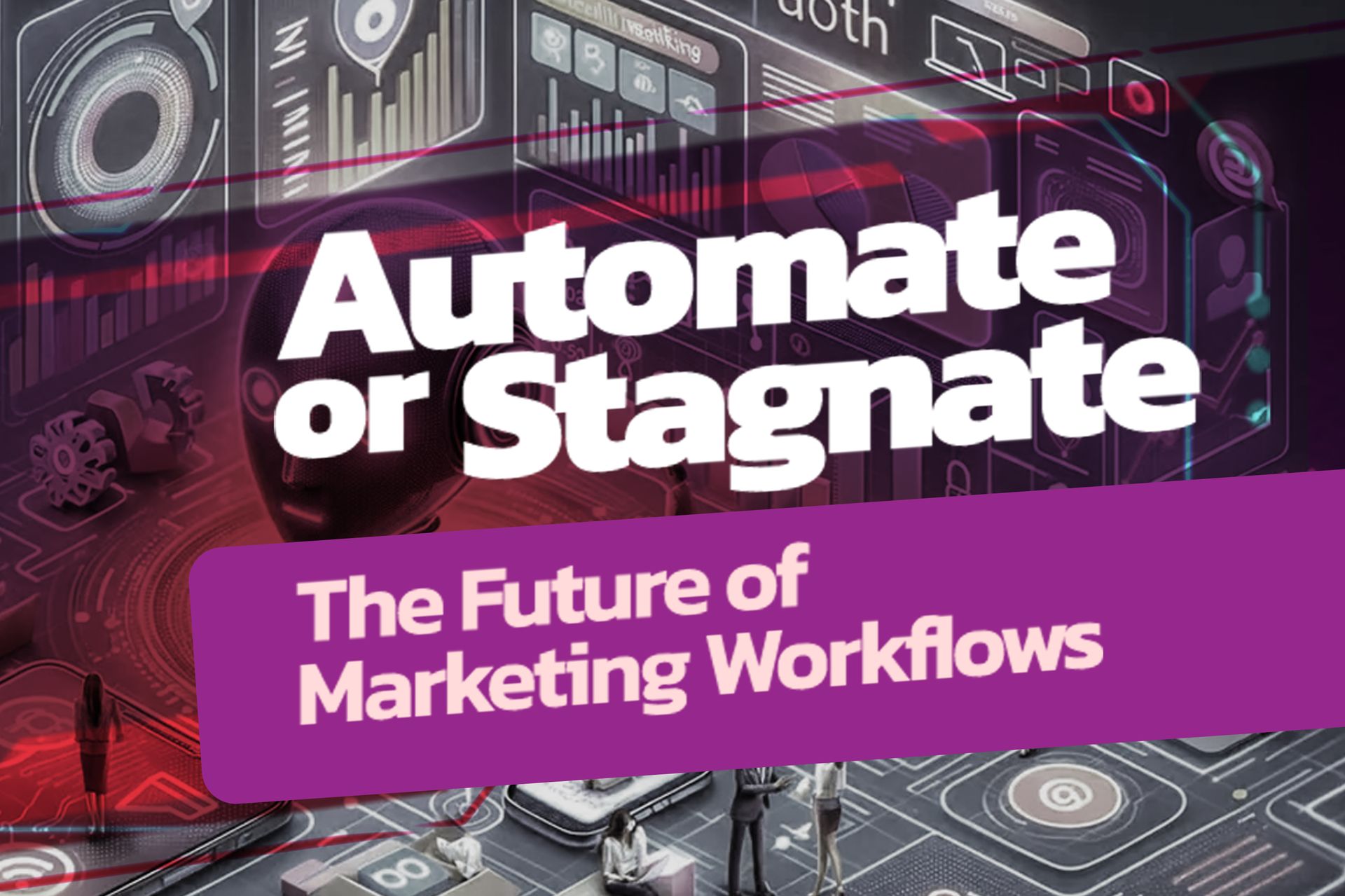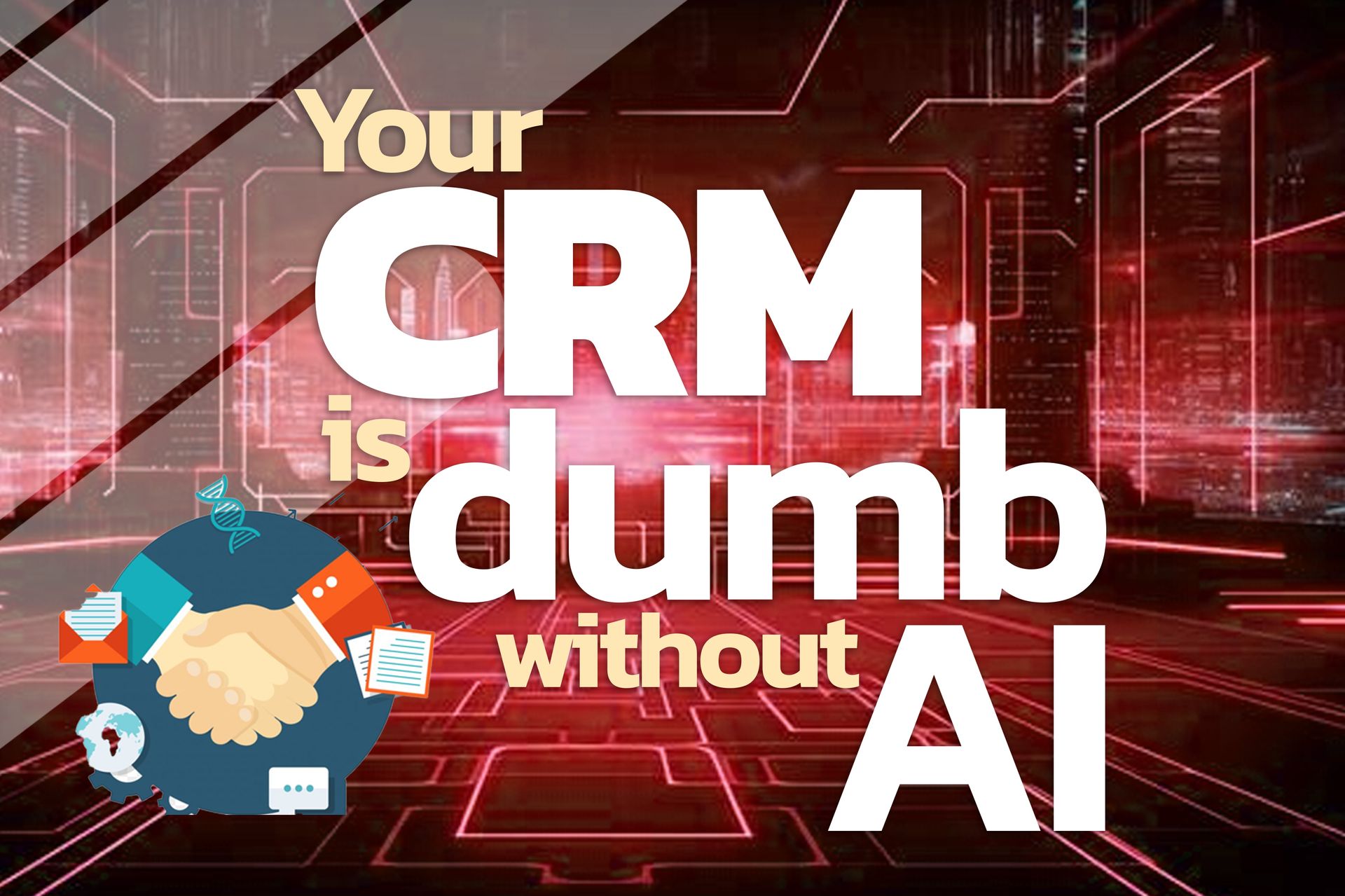Marketing is Planning How to Plan for No Stress Success
Marketing is Planning How to Plan for No Stress Success
Do you ever feel like your marketing just isn't working? No leads, no engagement, no results. Here's the truth. Most marketing problems, and I know this because I'm doing this for a long time, are not actually marketing problems. They're planning problems. That's right. I had an aha moment the other day and I stumbled on that. So today I'm going to break down why bad marketing is usually the result of bad planning and how you can build a strategy that actually works so that you have no stress, no guesswork, and just results. So let's dive in. Okay, let's go over the problem here. Most businesses don't actually have, and this is true, every time we get into new client relationship or I see a new thing, or even if I'm just helping somebody that I meet in passing, ask for a little bit of suggestion and so forth.
I don't typically run into a lot of marketing problems. I mean, there's technical things like that. Okay, fine. But that's not really usually the issue. Most businesses actually do have something of value to offer. They have some good deals and they have all the stuff working in a nice store or a nice place or a nice website and all these things. A lot of that's probably, you got all the stuff, everybody's doing everything pretty well these days. So it's not really technically broken except for the part that we're going to talk about today, which is the planning part. And good marketing starts with good planning and failed marketing is usually, in my experience, the result of poor planning or no planning. So a lot of businesses will just post randomly because they're like, oh, they got posting anxiety. You got to post something, send an email out randomly that doesn't really have an objective or whatever, just to try to fire some shit at their list.
They just throw money at ads with no strategy, no forethought, and then of course get pissed about it and say the ads don't work. And all in all just sit around complaining and wondering why nothing works because there was no planning and everything is just kind of a shot in the dark. So today we're going to dive into that, and that really is the problem that I see so many people struggling with. It's not really a marketing problem at all. It's just like a business organization, management problem, mindset problem, maybe, I don't know. But it's a lot of times not a marketing problem. So here's the thing is marketing is not some magical dark art. It's not voodoo, it's not a secret now more than ever. I mean, you guys have access to all sorts of shit, including this video right here where we're talking about it, right?
Marketing is a system, and system in business should be designed to make money. That's pretty much what the definition of a business is. A business is a system that yields profits. So if you don't plan properly, you're basically setting yourself up to fail before you even get started. So you might have seen business that post once or inadvertently and then they disappear for a couple of days, couple of weeks, couple months, or same thing with their email behavior. And then they complain, this didn't work, email doesn't work, social media doesn't work, advertising doesn't work, my website doesn't work, not thing works. But all of that is just a symptom of them not walking things back from deciding what the objectives are. Okay? So running ads without knowing your audience, that's not actually advertising or marketing that should basically gambling. It's like taking a wild ass guess and seeing if you're going to win.
And nobody wants to do that with their money. But we see people doing that all the time with their advertising, and they don't do that anywhere else in their lives. It's just kind of a weird behavioral thing. So if you don't know who you're talking to, what they want or how to reach them and how you are solving a problem in their life, then your whole thing is again, fail before it starts. The marketing is already dead in the water. If you haven't figured out the who, the what and how, let's get into the solutions. What can we do? Let's think about it like this. Let's think about marketing. And this is pretty much the way that we talk about it here with our team. And we have multiple teams on different projects, and this is pretty much the way it works. You can think of it like a road trip and therefore you need a map.
But more importantly, on any road trip, hopefully, unless you're just driving around like a weirdo, you actually have a destination. And that is really important to identify where do you want to be with the business or with the campaign? Where are we trying to go? What is the destination? What is the objective or goal? Let's the other way to say it. If you were on a road trip, the destination is the goal in marketing business, we need some sort of financial goal, participation goal, attendance goal, number of people, number of sales, number of dollars, some metric like that that we need to identify as the goal. And then we can start mapping the strategy, which is basically the route to get to the destination. It doesn't have to be that complicated. And we need the tools to get down the road, and those are going to be our different syndication channels, creative, we can make media, all these choices and so forth.
They're going to come together and give us the tools that we can use to get down the road, which is our strategy to our destination, which is our goal. And if you just drive around aimlessly playing whack-a-mole and burning money, of course you're not going to get good results and you're going to waste valuable time, valuable resources in terms of cash and labor and so forth, and you're not going to get there. You're just not going to make it to the destination. You're just be driving around circles like a dingdong. So the best marketers don't guess about what to do. And I cannot say this enough, there's no guessing in market. I think everybody's like, I'll just think of something creative and put it out there and people will love it, and then they'll give me money or they'll buy stuff. It's like there could not be further from how things work.
That is so far off base. And I have to tell you, we unfortunately see a lot of behavior still today, and it's just not only totally naive, just very amateur and ineffective, let's put it that way. So the best marketers spend a lot of time planning, researching, understanding your audience, understanding the state of the market that they're in with their product or service. Is it new? Is it a developed market? Are they stealing customers, developing customers? Are they having to educate or are they going into a pool of buyers that are already understand what they want and how to get it? All that stuff is important, and that's what you're going to do to be successful. You're going to start planning your marketing. So let's just go through the five. Let's do five steps, and if you follow these, you're going to just clear up all the Bs.
The first one after our little analogy there with the road trip, define the goal. What's the one thing, not five things? What's the one thing that you want a marketing campaign to achieve for your business? Is it more leads, more sales, more brand awareness or market penetration? Whatever it is, be specific. And at the same time, you need to articulate that as your destination so specific and then nail it down. Okay? The next one is know your audience. Who are you talking to? What are their problems? And we've gone through a hundred other videos, well, maybe not a hundred, that's probably an exaggeration. Some other videos on this channel. We've gone over this, right? You got to have your customer out or retire, and you need to understand their problems, their daily life, how they spend money, how they live intimately, to the point that you're writing all of this to one person, that is the ideal person that you want to attract for your business.
Where do they hang out? Online is the next thing you need to figure out, because that's going to determine where you're going to fire some bullets. And the better that you know them, the better that you can serve them and help solve their problems. Once you demonstrate that you're the place to do that, they will certainly buy from you based on all of that. The third thing on our list of five is choosing the channel that you're going to syndicate. And you want to choose those wisely, right? You don't need to be everywhere. You don't need to spend money to be on every darn possible corner of the advertising world. You just need to figure out how to be in front of the majority of folks that will buy from you. So you ought to pick platforms and properties, and this could include print and other things.
It's not all just a digital conversation. Pick ones where your audience is active and get in there and get some placement there. Okay? Alright. Now, the fourth thing is to create a content roadmap, which is also super important. So that means you're not posting randomly. You have an action plan with dates that's date driven, that tells a story, that winds that audience up so that they're informed and ready to buy. And again, that's going to be from your other couple of steps to figure out what the messaging is. You're going to be creating themes, scheduling everything in advance. And I don't mean a day in advance, I mean weeks in advance. And you're going to make sure that in this content roadmap that the content serves your goal, your objective. So if it's get leads, then it's a lead magnet. If it's drive sales, then maybe it's a direct offer or some sort of bundle or something cool like that.
If it's fill an event, then it's selling seeds. And what does that content look like versus the other two? Okay? So the content roadmap and content development needs to directly reflect your goals that you identified in step number one. Okay? And then the last piece, which we always talk about is so important, is you got to measure and adjust the tactics, the creative, all these things, frequency and all the stuff to double down on your winners and get rid of some of the stuff that's not working for you, okay? You do not want to dilute your resources and spend any time on things that aren't moving the needle. So that's important. And that fifth step is always the feedback loop, right? Looking at your key performance indicators. They could be web hits, they could be QR code scans, it could be opt-ins, it could be purchases and checkouts.
It could be getting people to the shopping cart. Whatever those performance indicators that map towards your goal are what you need to be monitoring. Track what's working, drop what's not, keep optimizing. Okay? If you guys have comments or there's another step in this, go ahead and hit me in the comments. But either way, it's not a guessing game. Marketing is not a guessing game. It's a science with art. Plan your moves, track your results, adjust as you go. And if you found this helpful, let me know what you liked in the comments. And if not, I will see you on YouTube for the next one.





















